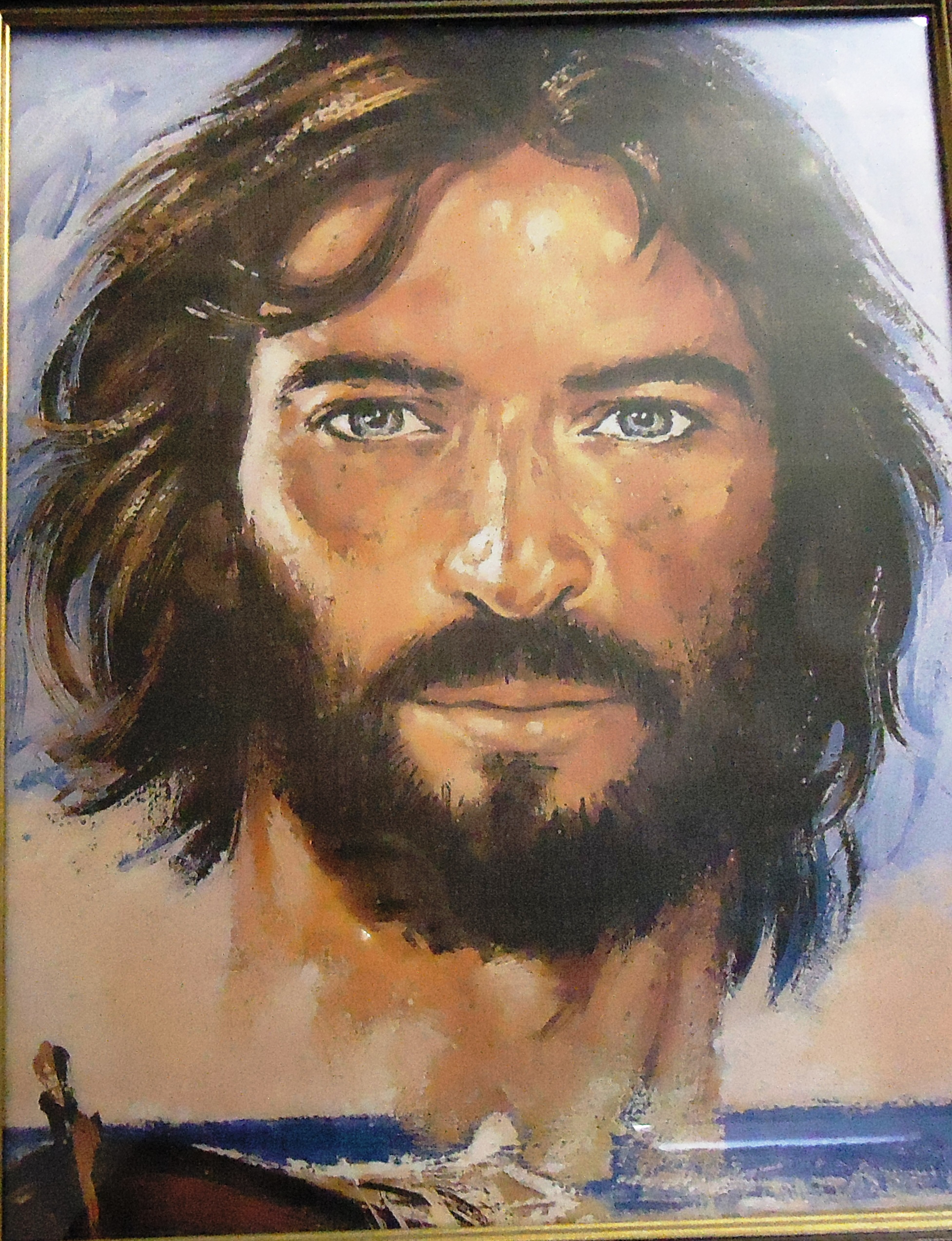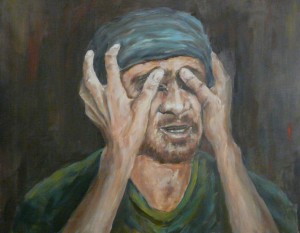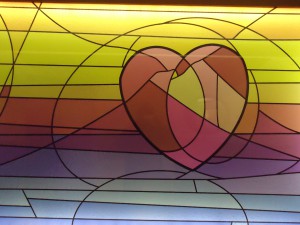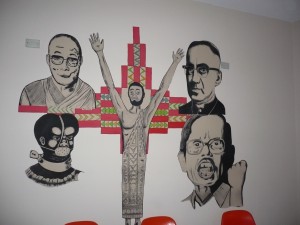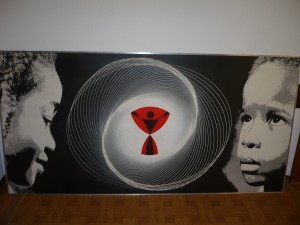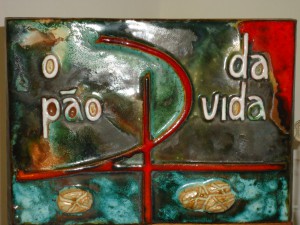A commentary on Mk 8, 27-35 (XXIV Sunday O. T., September 13th 2015)
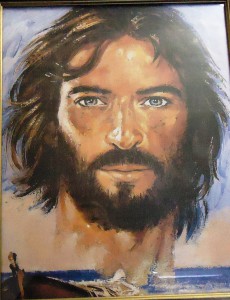 Today’s Reading places Jesus in a roman town in the north of Israel, far away from Jerusalem. There, precisely before he starts walking towards the Capital, He poses a question about his identity. And to that question three answers are given:
Today’s Reading places Jesus in a roman town in the north of Israel, far away from Jerusalem. There, precisely before he starts walking towards the Capital, He poses a question about his identity. And to that question three answers are given:
1. The majority of people see in Jesus one of the big prophets of the past. In fact, he teaches, heals sick people, liberates from bad spirits, proposes a conversion, and announces the kingdom of God…
It seems to me that this answer is similar to the one given today by many people: They see in Jesus an interesting teacher and a fascinating personality, one among the big personalities of human history.
2. The disciples see what Peter says: “You are the Christ”, that is, you are the Messiah, the Anointed by God to come and free his people. The disciples were quite happy to see the powerful presence of God in Jesus and hoped to find in Him a powerful leadership, to overcome so many frustrations, humiliations and defeats.
It seems to me that this is our vision. In front of so much abuse of power and so much corruption, in front of so many superficial words shouted from our means of communication… we think that Jesus is the envoy of God and that He is the word the world needs. We would like Jesus to be recognized as master by everybody… and the Church as a recognized power.
3. Jesus’ vision: What the mases say, it’s true: Jesus is a prophet; what de disciples say it’s also true true: Jesus is the Messiah of God. But Jesus adds: Attention! I do not come as a Powerful Messiah who imposes himself to the world or even the Church by force. Rather, I go to Jerusalem, to the centre of Israel, not as conqueror or a winner, but as the Servant of Yavhe, as a brother and as a Son ready to obey the Father and to offer my live out of love.
It seems to me that this is what distinguishes a true faith from a false and superficial one. Peter found it quite difficult to accept that Jesus was going to be tortured and to die. But to become a true disciple we have to pass through this experience of cross, obedience and free love.
Let us pray to the Lord, who is coming to us in today’s Eucharist, to help us to understand his true identity as a Messiah Servant and to grow in our own discipleship, even when in the moments of sacrifice and when the way to Jerusalem becomes steep and difficult.
F. Antonio Villarino
Roma




